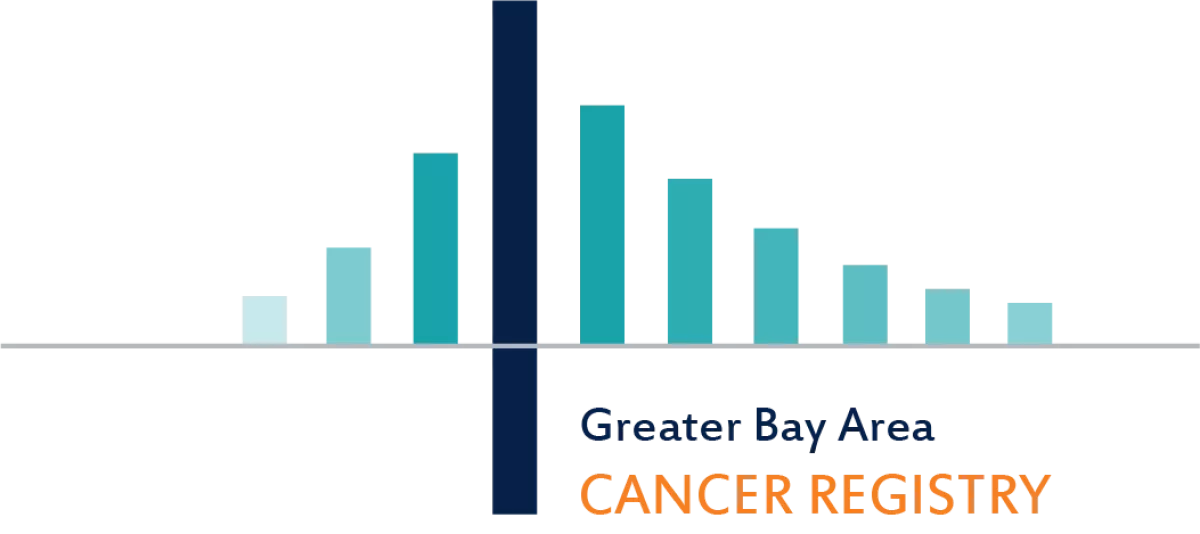ENCLAVE Study Measures
Multidimensional ethnic enclave measures at the census tract level for Asian American and Hispanic/Latino communities. More information on the measures can be found here: ENCLAVE measures.
California Health Maps
California Health Maps aims to provide data for geographies beyond county-level statistics to better serve cancer control, public health, and policy efforts. California Health Maps allows users to interactively map health data for California at different geographic levels: census tract aggregation zones, medical service study areas (MSSAs), and congressional districts. California Health Maps include 5-year and 10-year cancer incidence rates based on the most current data for 12 of the most common invasive cancer sites by sex and race/ethnicity.
Yang socioeconomic status index
This multi-component area-based socioeconomic status (SES) index uses detailed demographic, social, economic, and housing data collected through the American Community Survey (ACS). Use of this index has provided insight into the joint effects of SES and race/ethnicity on cancer incidence, survival, and other outcomes. More information on the index can be found here: Yang index.
“Stars” Study (Standardizing survey questions for breast cancer research)
The survey tool developed in this study has been translated into Spanish, Chinese, Tagalog, and Vietnamese, reviewed by a wide range of experts, and tested among breast cancer patients and survivors, making it applicable to gathering data for research within many different populations. With uniformly gathered data, scientists can more effectively compare their results regarding why and how breast cancer affects some women more than others, leading to new knowledge about how the unequal burden of breast cancer in the population can be eliminated. More information as well as the survey tools can be found here: Stars Study.
Demographic Toolkit
California law requires that health care institutions collect race, ethnicity, birthplace, and primary language from their patients because these factors can affect health beliefs, risks, behaviors, and outcomes. This toolkit can help facilitate demographic data collection that is is critical for public health monitoring, cancer research and clinical practice. In addition, collecting patient race, ethnicity, birthplace, and language can help health care organizations can identify and address unique patient needs. More information on the toolkit can be found here: Demographic Toolkit.

